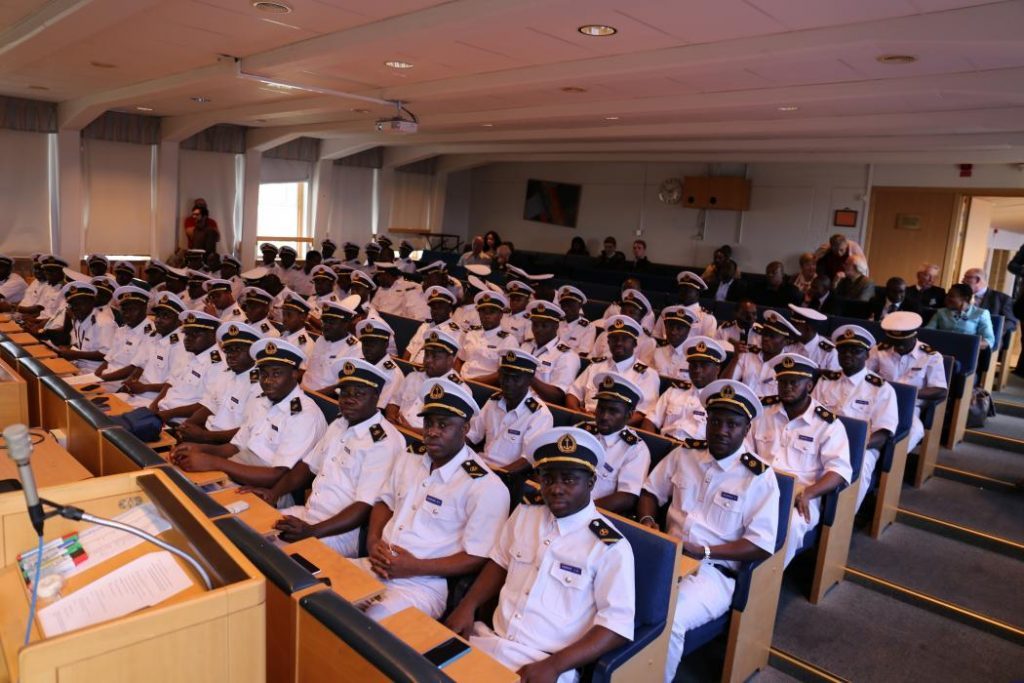
Vincent Toritseju
22 January 2019, Sweetcrude, Lagos — The maritime administrations that are signatories to the Memorandum of Understanding on Port State Control for West and Central African region (Abuja MoU) has commenced moves to launch a Concentrated Inspection Campaign, CIC, on Life-Saving Appliances.
The aim of the CIC, according to the Secretary-General of the Abuja MoU, Mrs Mfom Usor, is to check compliance with the applicable requirements of the SOLAS (Safety of Life At Sea) Convention and Life-Saving Appliance Code while ensuring that the crew are familiar with relevant equipment and have received training in carrying out their duties.
Usoro said that the ability to survive at sea depends on knowing how to use safety and life-saving equipment, the location of the equipment onboard, survival skills and ability to apply them in the event of an emergency and the sheer will to live.
“The regulations governing life-saving appliances are constantly amended to take advantage of technology advancement and feedback from use onboard.
“Deficiencies relating to life-saving equipment constitute a major proportion of the total deficiencies over the last three years in this region.
Port State Control Officers, PSCOs, will use a list of 12 questions to determine whether lifesaving equipment carried onboard complies with the relevant statutory certificates; whether master, officers, and ratings are qualified and familiar with the operation of this equipment, and whether the life-saving appliances are functional and properly maintained.
If deficiencies are found, actions by the port State may vary from recording a deficiency and instructing the master to rectify it within a certain period of time to detaining the ship until the serious deficiencies have been rectified.
In the case of detention, the data will be published in the non-performing ships sections of Abuja MoU website.
The result of the campaign will be analysed and findings presented to the Abuja MoU Port State Control Committee for submission to the IMO.



